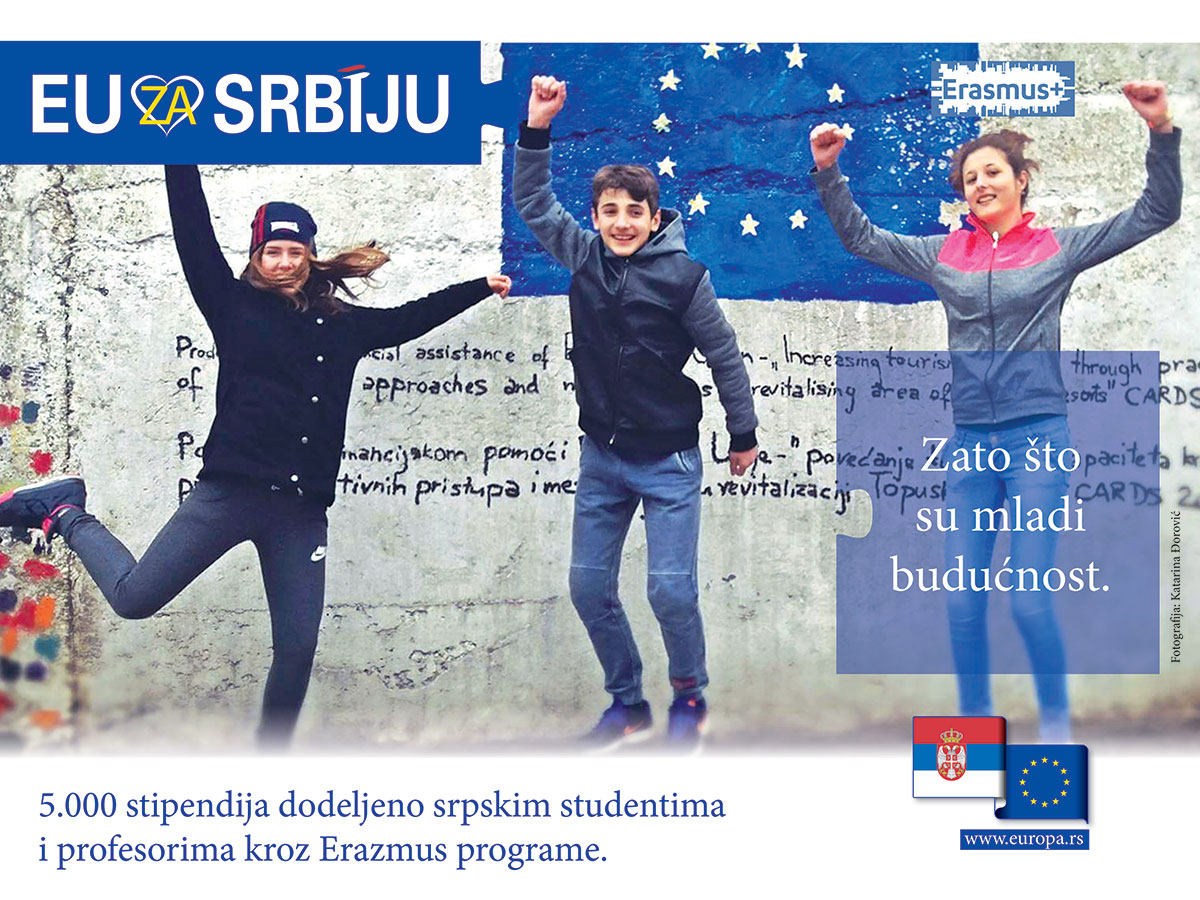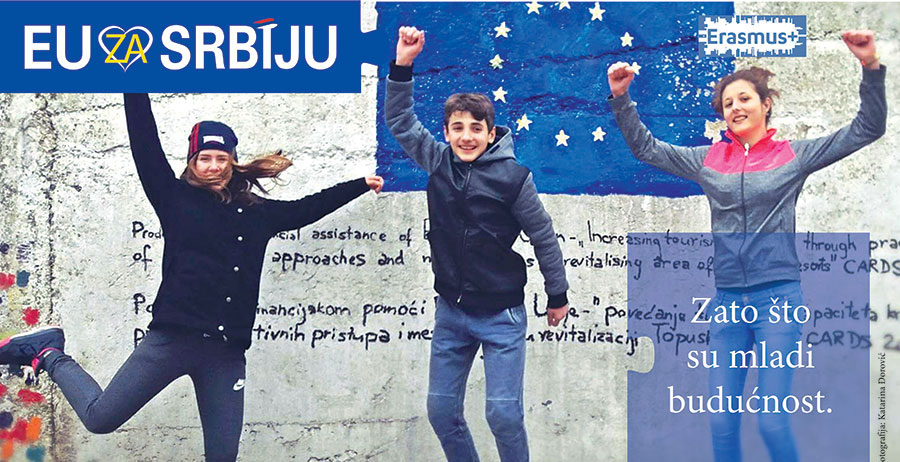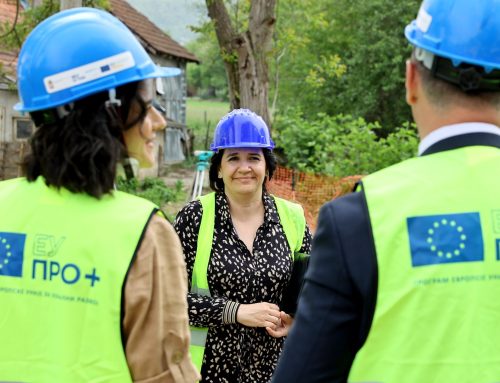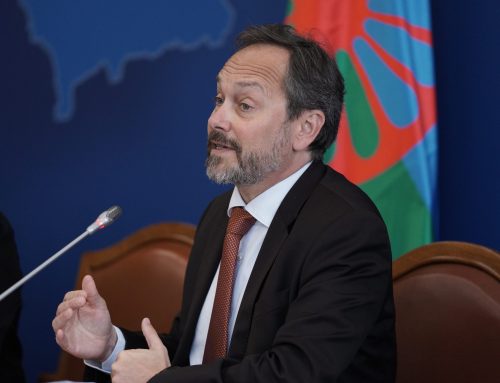Nearly 5,000 undergraduate, masters and PhD students as well as members of academic staff from Serbia have so far taken part in exchange and training programmes within the Erasmus+ programme.
The programme, once known by the name of Erasmus Mundus, which supports projects, partnerships and exchange in the area of education, training, youth and sports is one of the most popular and most successful programmes of the European Union ever: in the past 30 years, as many as nine million people have taken part in it. There are a million people in the Erasmus generation. Also, estimates show that the Erasmus generation has given Europe a million babies!
What started as a modest mobility scheme for higher education students back in 1987, with only 3,200 students in its first year, has developed over the last 30 years into a flagship programme benefiting almost 300,000 higher education students per year. At the same time, the programme has become much broader, providing opportunities for study periods and traineeships/apprenticeships for both higher education and vocational education and training students, youth exchanges, volunteering and staff exchanges in all fields of education, training, youth and sports.
 Erasmus+ is open to all EU Member States and EU membership candidate countries.
Erasmus+ is open to all EU Member States and EU membership candidate countries.
Serbia has made good results in the programme, not only when it comes to youth component of the programme (former Youth in Action programme), but also when it comes to Erasmus Mundus and Tempus, the predecessors of the Erasmus+. Serbian university students and their teachers have been granted nearly 5,000 scholarships, whereas some 2,000 members of academic staff have taken part in 218 projects within Tempus and Erasmus+. Since 2014, Serbian universities have received over EUR20 million in grants.
“The year I spent in Gent was truly an amazing experience, both educationally and as a life experience,“ says Stefan Ubiparipovic, an Erasmus alumnus from Belgrade.
Stefan graduated from the Faculty of Political Sciences of the University in Belgrade (Department of international politics/European integration). He then took part in Erasmus Mundus and spent a year (2014-2015) at the University of Gent, Belgium. Watch the entire story on EU Info Centre’s YouTube channel.




